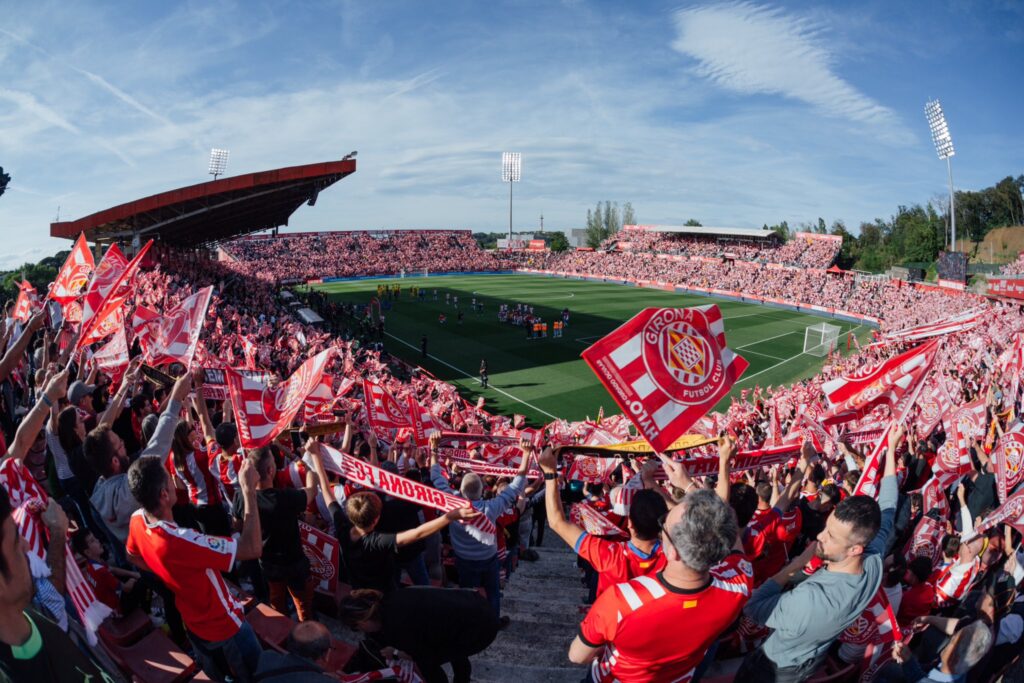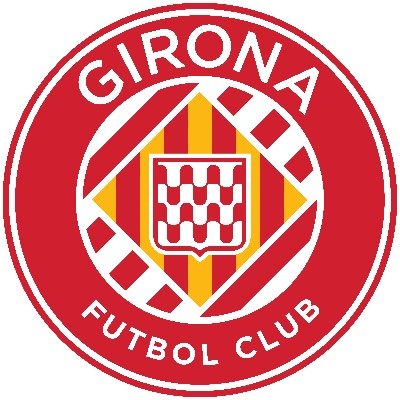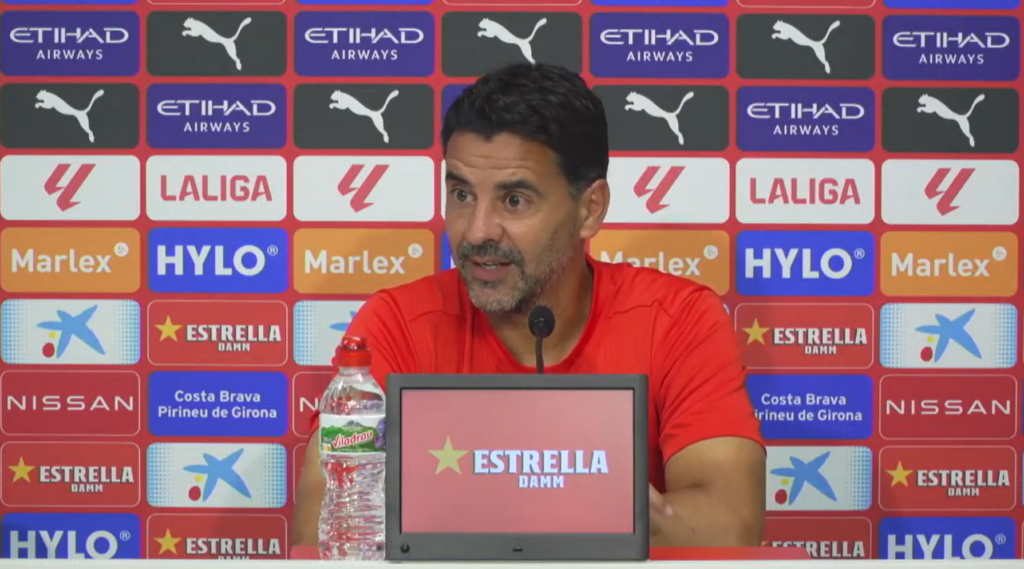
By Alexis Monteith

Football is mostly defined and understood through the lens of winners and losers.
The elite teams that win leagues, tournaments, and their accompanying trophies shape our analysis of the game and the narratives we create. They dominate media coverage and attract the majority of fans. But is this culture of focusing solely on winners and losers doing the sport a disservice?
I believe we can broaden our perspective and recognise the many lessons football offers, particularly through redefining what success truly means. This doesn’t mean dismissing the importance of winning. Neither does it suggest handing out “participation” trophies to give every team their moment in the spotlight simply for showing up.
Rather, we should consider whether there are other, valuable aspects of football that we might be overlooking when analysing achievements.
Consider the case of Girona, the Spanish football club shortlisted for the 2024 Ballon d’Or Club of the Year award after finishing third in La Liga last season and securing a spot in the UEFA Champions League. Awarding Girona the Ballon d’Or would not just be a recognition of this small, financially-constrained club’s remarkable accomplishments; it would signal a broader shift away from viewing trophies as the sole measure of success.

If you haven’t heard of Girona, you might be living under a rock. Their last two seasons in La Liga represent only their second stint in Spain’s top tier over the course of their history, which makes their recent achievements more remarkable.
Their first time in the top tier was from 2017 to 2019, after which they were relegated back to the second division. There they spent three seasons reaching the promotion play-offs three times but failing twice to secure promotion to La Liga before finally succeeding on their third attempt.
The return to La Liga was impressive, surviving their first season with some standout results, including a 4-2 win over Real Madrid and a 0-0 draw with Barcelona. But It wasn’t until the following season that Girona began performing like a true powerhouse, finishing third, securing a spot in the UEFA Champions League and earning their Ballon d’Or nomination.
Along the way, they twice defeated Barcelona with 4-2 victories, beat Atletico Madrid, and thrashed Sevilla 5-1.
Some may point to Girona’s connection with Manchester City and the City Football Group as the reason for their success. However, strict La Liga regulations prevent a small club like Girona from making major financial splashes.
The players who became stars during last season’s remarkable run were largely unknown beforehand. Midfield maestro Aleix Garcia was considered average before blossoming under Girona’s head coach, Míchel. Right-back Yan Couto was recognised for his potential, though he had yet to make a major impact. And while fans now sing the praises of Brazilian wonderkid Savio, few knew who he was before he arrived at the club.

Striker Artem Dovbyk, who finished as La Liga’s top scorer with 24 goals, joined the team with little fanfare at a price tag of €7.5 million.
Most of Girona’s squad had similar stories—talented but relatively unknown. Yet Míchel managed to mould this group into consistent, top-level performers, propelling them to a top-three finish in the league.
Coaches like Ancelotti and Guardiola have achieved great things with great players. But is Míchel, who turned Girona’s unheralded squad into top performers, not a winner, too? Players like Savio have developed under his guidance, progressing to Manchester City’s first team. Yan Couto is now at Borussia Dortmund, and Aleix Garcia has moved to Bayer Leverkusen, the Bundesliga champions. Míchel facilitated the upward movement of their careers. In this context, he is undoubtedly a successful coach.

Real Madrid won La Liga and the Champions League last season. Congratulations to them! With a roster full of superstars, they were, on paper, the strongest team.
But when you consider Girona’s limitations—financial constraints, limited La Liga experience, a coach with no prior top-tier success, and a roster of relatively unknown players—are they not winners in their own right?
The question should be asked as boldly as Maximus in Gladiator, when after a fierce battle in the arena, he turned to the stunned spectators and shouted, “Are you not entertained?”— challenging them to recognise his victory.
What is often overlooked in football is that when smaller, resource-limited teams survive relegation in a lopsided top-tier league or earn promotion to a first division or do something similar to Girona, finishing third in La Liga and qualifying for the Champions League, they are overachieving.
In 2009, Brentford was in England’s League 2. Over the following years, they adopted a strategy of identifying undervalued talent and selling developed players for profit, reinvesting in more low-cost, gifted players. This approach led them to the Premier League by 2021, where they have since competed with giants, even finishing ninth in the 2022-2023 season.
Anyone familiar with football knows the extraordinary nature of stories like those of Girona and Brentford. They are “against all odds” tales. Yet these feats often go uncelebrated by the media, which spends far more time covering the richest and most established clubs.
If you have time, look up Ecuador’s Independiente del Valle if you don’t already know about them — a small club with an incredible success story in South America. Over the past decade they’ve won the Copa Sudamericana twice, the Recopa Sudamericana once, and even finished as runners-up in the Copa Libertadores.
Context is everything in football, and we often forget that. It is far easier for wealthy teams like Real Madrid or Barcelona to win their leagues or finish near the top than for financially constrained teams to avoid relegation.
That’s why, since the inception of the English Premier League in 1992, only seven clubs have won the competition. Since 1956, just 23 teams have won the European Cup or Champions League. The dominance of a few financially powerful clubs has long been a feature of the sport.
More context needs to be included in the narratives, and it is disappointing that the media hasn’t acknowledged this because there are countless stories waiting to be told. Big clubs dominate the headlines, but the media has the power to shift the focus to equally compelling accounts of underdog clubs whose success is more nuanced.
That’s why Girona’s nomination for the Ballon d’Or Club of the Year is something to celebrate. But we need to go further; we need to see clubs like Girona actually winning the award to redefine what success means in football. Perhaps, in addition to the Ballon d’Or, we should have more awards and events dedicated to featuring remarkable, unsung clubs.
This isn’t about diminishing the importance of the big clubs. Giants battling other giants will always bring attention and recognition. However, there is also room at the table for the smaller clubs and underdogs, not just for the sake of greater inclusion, but because they deserve to be there.







Comments